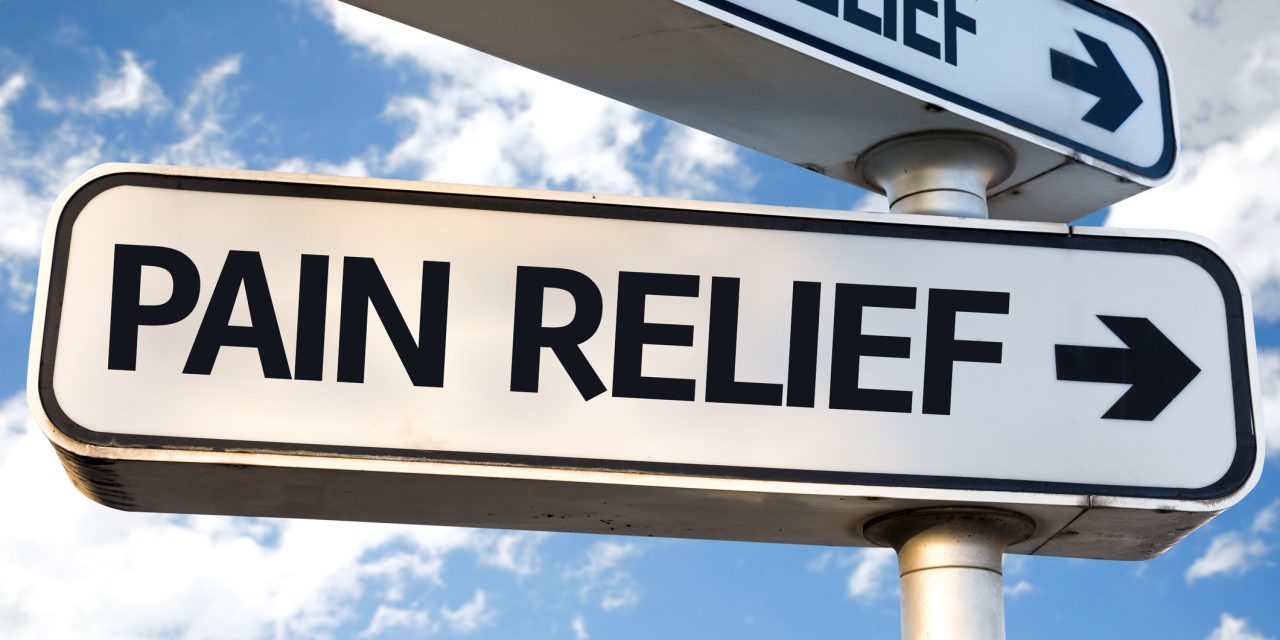The formation of herd immunity through vaccination is a key point in overcoming the coronavirus disease 2019 (COVID-19) pandemic. To acquire herd immunity, a high vaccination rate is required, which is necessary to instill confidence in the public regarding the effectiveness and safety of the vaccine. In the real-world setting, thorough preparation of components, such as priority setting, vaccine delivery, logistics, and side-effect monitoring is necessary to overcome vaccine hesitancy. Each country prioritizes vaccination since healthcare workers, nursing facility residents, and the elderly population, and similar trends are found between countries. Vaccination is performed at large centers and medical institutions operated by the country, and variations are dependent on the environment of each country. The transport of mRNA vaccines is a challenging task, and to this end, each government is striving for safe distribution. In addition, each authority operates a surveillance system to monitor the safety of vaccines, and Korea needs to produce evidence for monitoring effects and side effects with expertise. Even after the acquisition of herd immunity, COVID-19 is highly likely to remain an endemic infectious disease, and a higher immunity level may be required because of variants of the virus. If the spread of variants of concern continues, a booster vaccination may be required. Therefore, non-pharmaceutical interventions, such as social distancing, wearing a mask, and epidemiological investigation should be maintained.
Preparing for the Coronavirus Disease (COVID-19) Vaccination: Evidence, Plans, and Implications.


